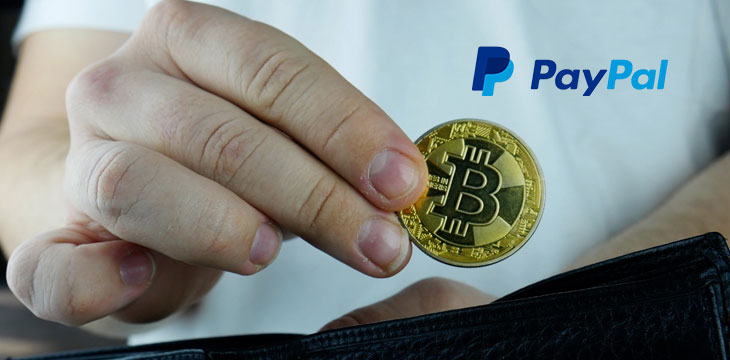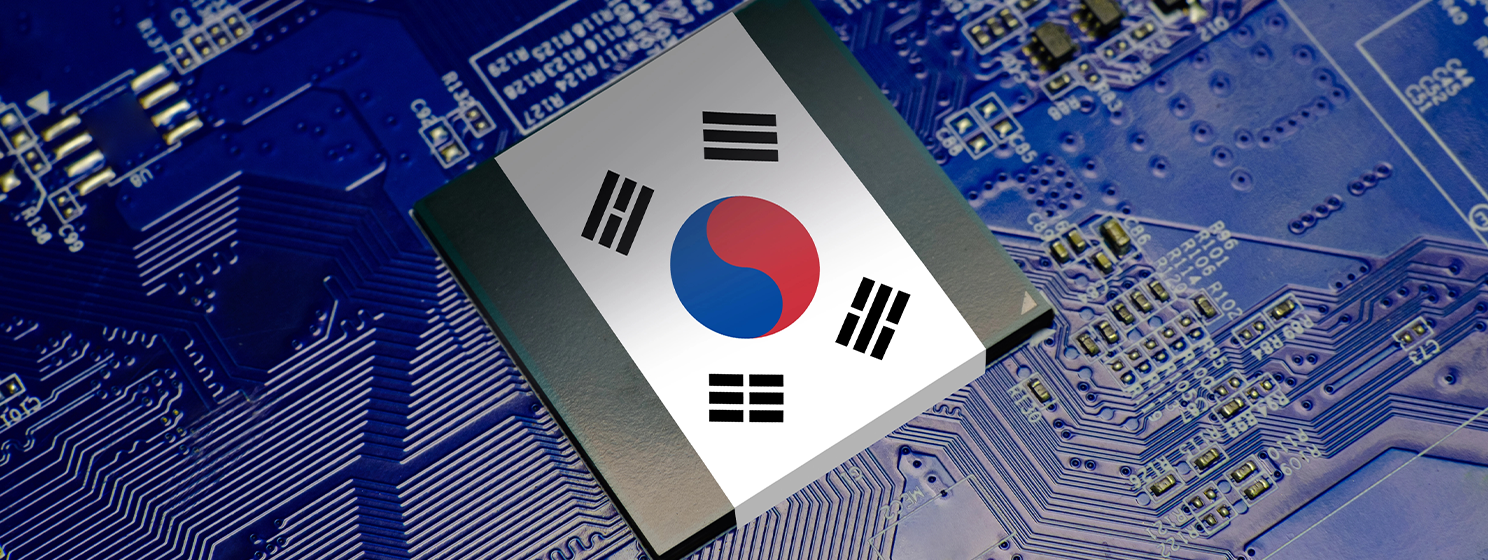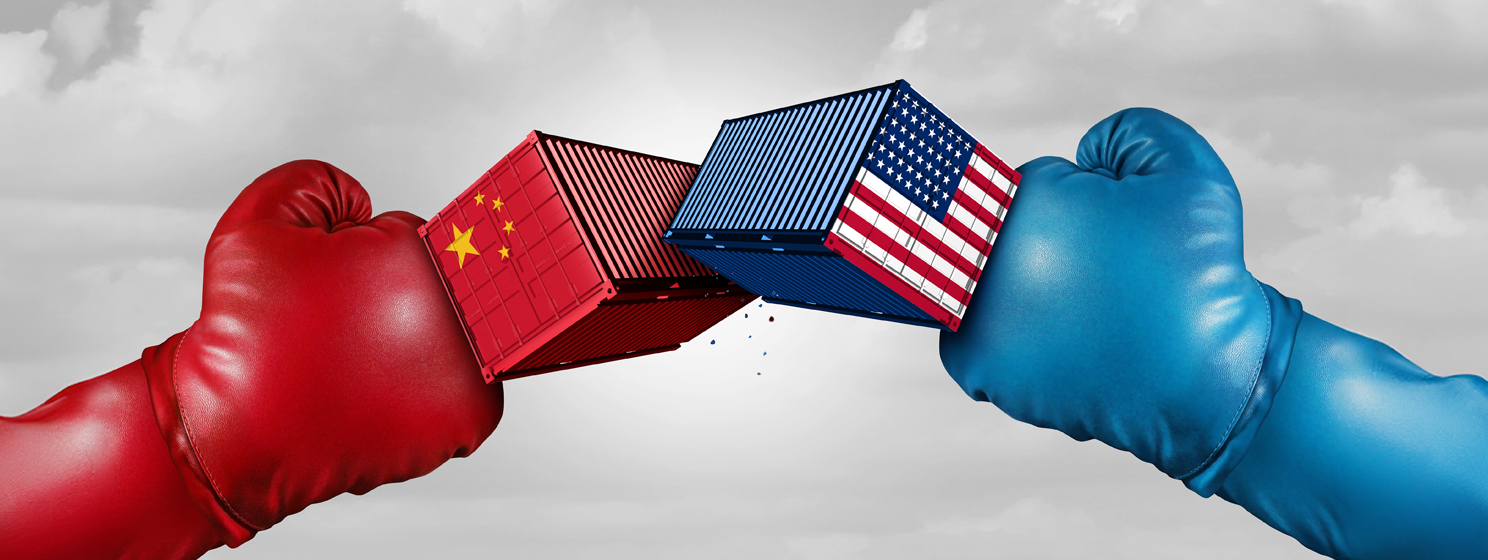|
Getting your Trinity Audio player ready...
|
After years of longing for PayPal to “support Bitcoin,” digital asset users got part of their wish this month. However, a closer look at the conditions and permissions made some wonder if there was any point. Is there?
PayPal introduced its “Crypto Currencies Hub” to U.S. residents (excluding Hawaii) in October 2020. It allows users with a Personal Account and Cash Account to maintain a balance in BTC and/or selected other digital assets via a third-party provider, which for most at this stage is Paxos Trust Company LLC.
The company’s detailed Terms and Conditions page for the Crypto Currencies Hub lists what you can do with these digital assets:
– Buy Crypto Assets;
– Hold Crypto Assets;
– Sell Crypto Assets; and
– View market information and educational content.
This list is notable for what you can’t do. The terms also explicitly state:
You currently are NOT able to send Crypto Assets to family or friends, use Crypto Assets to pay for goods or services, or withdraw Crypto Assets from your Cryptocurrencies Hub to an external cryptocurrency wallet. If you want to withdraw the value from your Cryptocurrencies Hub you will need to sell your Crypto Assets and withdraw the cash proceeds from their sale.
In other words, you can buy/sell “crypto assets” only as an investment—the Terms does say “currently,” which could mean there are plans to expand the functionality, but there’s no timeframe or guarantee that will happen. You’re also prevented from shopping around exchanges for the best price, since you can only buy/sell through PayPal’s official broker.
PayPal’s Terms state that users do actually “own” the digital assets in their balance, but do not own specific units of each asset. It holds all its digital funds in an “omnibus account” rather than individual wallets/addresses for each user. This is presumably to prevent users attempting to claiming assets resulting from a chain split or fork.
Some wondered if it’s possible to audit PayPal’s wallets to see if the digital assets in your balance even exists—or even if it might lead to companies holding fractional reserves:
The PayPal thing is an abomination! You cannot use the cryptocurrency at all… It is merely, an investment tool. There produce and offer zero utility to the underlying asset. You can't even send it anywhere or pay with it… I thought I'd seen it all, but this takes the cake! https://t.co/h8EWHbbgDW
— Eli Afram (@justicemate) October 28, 2020
A couple of things to mention: if I hold a PayPal balance in a foreign currency, it’s also virtually impossible for me to withdraw that, unless I have a real bank account in that unit. I can’t withdraw 100 Swiss francs and receive physical cash, for instance, so it’s a similar deal. On the other hand, I could actually pay another person in Swiss francs with my balance, so it’s still more useful than PayPal BTC.
Also, the BTC (and other digital asset) community has done little over the years to promote blockchain assets as much more than speculative investment vehicles, something to “HODL” until the next big bull run, when you can sell it for fiat and buy that Lambo. BTC in particular gives lip service to payment utility, but cripples the protocol to make it infeasible on a mass scale.
Other terms, like the ability to freeze/seize your balance or prevent you from trading if they suspect you of violating terms, are standard PayPal fare and also apply to fiat currency balances, or the ability to keep a PayPal account at all.
The idea (or fear) of custodial wallets, exchanges and payment providers maintaining only fractional reserves in digital assets is not new either. Unless a service provides regular, trustworthy audits of their reserves or allows users access to individual addresses, this is always a possibility.
Perhaps PayPal’s limited options are more a reflection of how people view digital assets. For some, they’re an alternative form of money, but the mainstream majority still sees them as investments only—mainly because few actually accept them as a payment method. PayPal, as always, is doing what it can within the limits current regulations allow.
PayPal expanding into other payment options
PayPal CEO Dan Schulman has said his goal is 1 billion users transacting on PayPal every day. To that end, the company has been branching out into a greater variety of payment methods in recent times. It has promoted in-store payments by adding QR code capabilities to the PayPal and Venmo apps, and partnered with CVS Health to integrate QR codes into their own point-of-sale systems. PayPal is also exploring other contactless payment methods with (non-blockchain) tokenized currencies other payment card companies use.
There’s also a new Venmo credit card and PayPal is expanding its business debit card service to more countries. Its new “Pay in 4” option for merchants allows consumers to make a payment up-front and then pay it off in four (interest-free) instalments.
PayPal could well extend the functionality of its Cryptocurrency Hub in the future, and if it meant hitting that 1 billion transactions a day mark, it would probably be happy to. But for now, buying/holding/selling digital assets is all the mainstream wants.
Do we really need Bitcoin on PayPal?
In a world that runs on the Bitcoin blockchain (that means BSV, since the world can’t run on the BTC blockchain) with myriad tokenized assets, PayPal wouldn’t even be necessary. There would be many multi-asset services that could swap instantly, just as wallets often have that functionality built in today.
It’s ironic that BTC fans celebrate recognition and “support” by popular financial services (and complaining about their limitations), while at the same time promoting their own asset network as an alternative to them that skirts around their regulations. The more Bitcoin (BSV), BTC, ETH or other digital assets become seen as “real money,” the more they will be subject to the same regulations. Only BSV is set up for the regulated world that we live in.
See also: CoinGeek Live panel on the Future of Digital Asset Security & Custody

 02-13-2026
02-13-2026 




